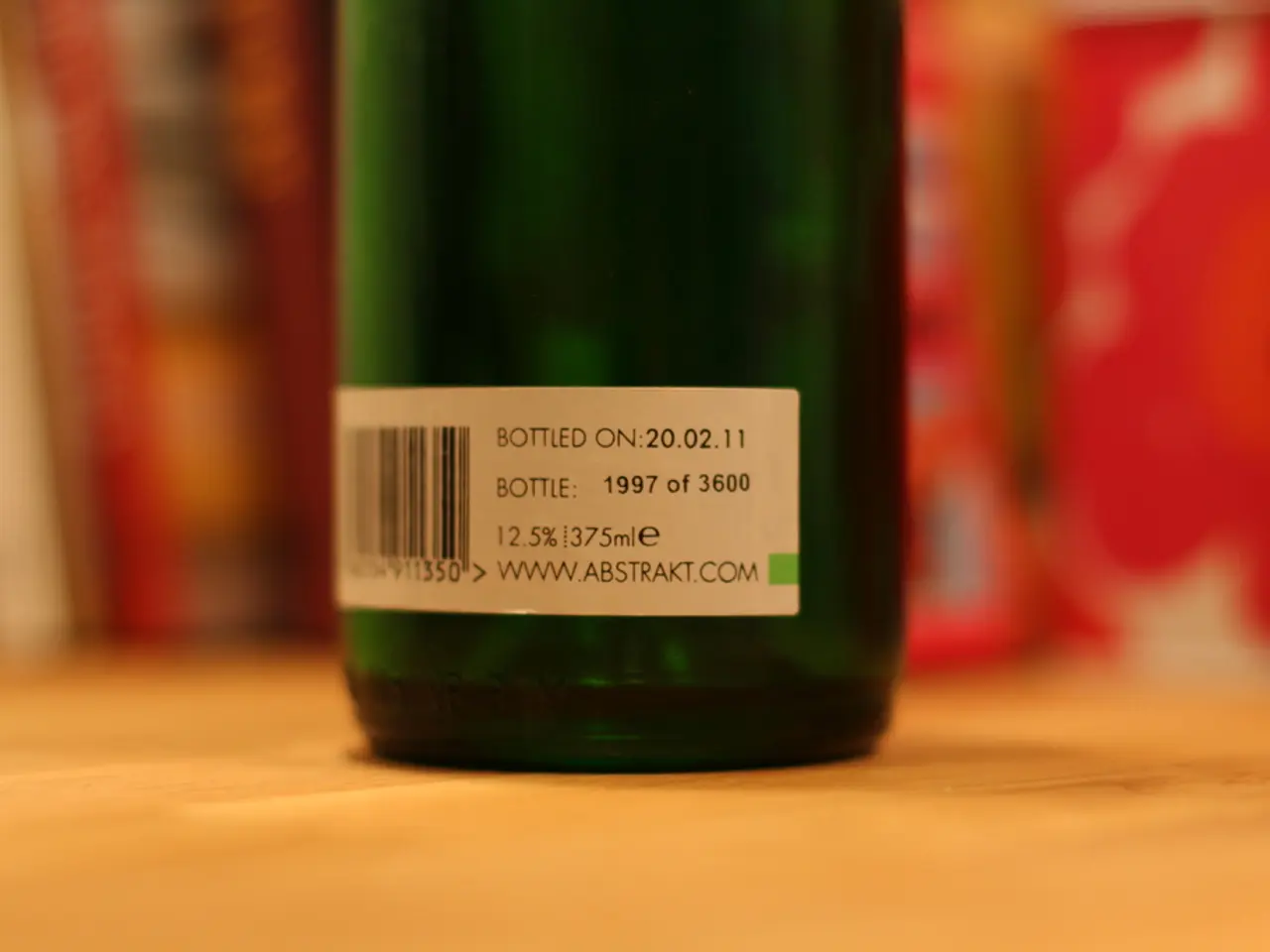CBD Potential Detection in Drug Screenings
In the world of health and wellness, CBD (cannabidiol) has gained significant attention for its potential benefits. However, for those who are subject to drug testing, understanding the relationship between CBD and drug tests is crucial.
Firstly, it's important to note that CBD does not possess the same intoxicating properties as THC, the primary psychoactive compound in cannabis. Despite this, exposure to other drugs, such as dronabinol, NSAIDs, pantoprazole, efavirenz, and certain CBD products, can potentially cause a false-positive result for cannabis or THC on a urine drug screen.
The key factor here is THC. While CBD itself is not tested for in drug tests, the presence of THC, even in small amounts, can lead to a positive result. This is because standard drug tests primarily look for THC and its metabolites, not CBD itself.
Several factors influence the risk of a positive drug test. The THC content of CBD products is significant. Full-spectrum CBD products, which typically contain trace amounts of THC (0.2-0.3%), can trigger a positive result, especially with regular use or high doses. Broad-spectrum CBD products and CBD isolates, which contain no THC, are less likely to cause a positive test.
Dosage and frequency also play a role. Higher doses of CBD increase the risk of THC detection due to the cumulative effect of even small amounts of THC.
When choosing CBD products, it's advisable to select those that are specifically labeled as THC-free, such as broad-spectrum CBD or CBD isolates. This can help minimise the risk of a positive drug test. It's also crucial to purchase products from reliable sources that can confirm the product does not contain any THC.
It's worth mentioning that researchers are investigating the use of breath and saliva tests to detect cannabis in certain situations outside of the laboratory. However, more research is needed on the potential for passive exposure to cannabis smoke leading to a positive saliva drug test.
The United States Drug Enforcement Agency (DEA) lists cannabis products containing more than 0.3% THC as a Schedule I drug. The Food and Drug Administration (FDA) considers products containing more than 0.3% THC to be illegal. Contamination during the manufacturing process of CBD products may occur, leading to trace amounts of THC.
In conclusion, while CBD itself does not cause a positive drug test, the presence of THC in some CBD products can lead to a positive result. Therefore, it's advisable to select products with no THC content if drug testing is a concern.
- The presence of THC, a compound found in some CBD products, can potentially cause a false-positive result for cannabis or THC on a urine drug screen.
- Full-spectrum CBD products, which contain trace amounts of THC, can trigger a positive result, especially with regular use or high doses.
- Dosage and frequency also play a role in the risk of a positive drug test. Higher doses of CBD increase the risk of THC detection due to the cumulative effect of even small amounts of THC.
- When choosing CBD products, it's advisable to select those that are specifically labeled as THC-free, such as broad-spectrum CBD or CBD isolates.
- It's crucial to purchase products from reliable sources that can confirm the product does not contain any THC.
- Researchers are investigating the use of breath and saliva tests to detect cannabis in certain situations outside of the laboratory.
- The United States Drug Enforcement Agency (DEA) lists cannabis products containing more than 0.3% THC as a Schedule I drug.
- Contamination during the manufacturing process of CBD products may occur, leading to trace amounts of THC.




